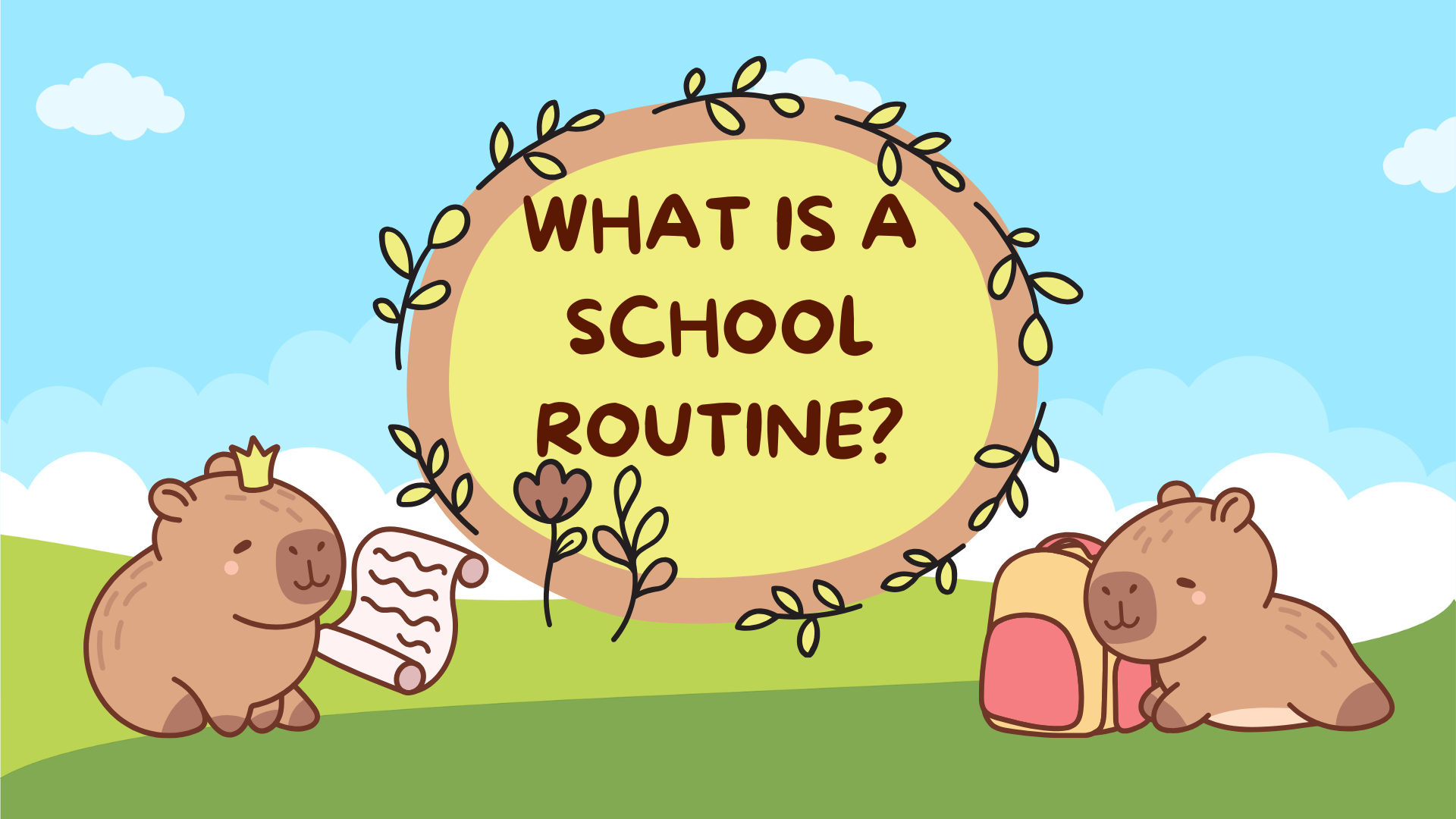
What are Parents Expectation from School?
For every Indian parent, providing their children with the best possible education is a cherished dream. To fulfill this aspiration, they place immense trust in schools and teachers. However, beyond academic excellence, parents have a wide range of expectations from the institutions they choose for their children.
After the family, the school environment is the most significant social influence in a child’s life. Hence, it becomes essential for parents to select a school that not only imparts quality education but also nurtures values, emotional well-being, and overall personality development.
Parents expectation from school
In this article, we will explore parents expectations from school:
Quality education
First and foremost, parents expect schools to impart high-quality education that could lay a strong academic foundation for their children.
They often choose reputed institutions known for their well-structured and comprehensive curricula, modern infrastructure, and skilled teachers. Such schools go beyond traditional textbook learning, focusing on developing the skills and competencies students need to thrive in today’s highly competitive world.
Parents expect schools and teachers to help their children attain academic success through quality education.
Integrity and character-building
Parents expectation from the school and the teachers transcend academic achievements. They believe that schools play a major role in shaping the personalities of students. They expect schools to share the responsibility of raising individuals with integrity and strong moral character with them.
As children spend a considerable amount of time in school, it is the moral responsibility of schools to foster an environment that promotes integrity and ethical conduct. When children learn in a respectful and morally conscious setting, they grow up to become morally upright individuals.
A safe environment
School safety issues like bullying, harassment, mental health crisis, unpreparedness for emergency situations, and inadequate surveillance and physical security, jeopardize the sanity and lives of students. Parents expect schools to provide a safe and secure learning environment to their children.
Parents seek an environment where their children feel physically, mentally, and emotionally safe and supported. They expect teachers to create a nurturing atmosphere that ensures their children feel protected and cared for at all times.
Effective communication
The moment parents enroll their child in a school, they enter into a partnership with the institution. Like any successful relationship, this partnership flourishes through open and effective communication. Parents look for transparency from schools regarding their child’s academic and personal development.
Effective two-way communication ensures that both school and parents remain updated about significant information related to the child’s education, conduct, and school-related information. Parents appreciate when schools respond quickly to their concerns and queries, and provide them with different avenues to reinforce communication, such as through parent-teacher meetings, online platforms, and even a simple call.
Collaboration
Parents greatly value schools that actively involve them in their children’s learning journey. Collaboration between parents and teachers through conferences, school events, and meetings not only keeps parents informed about their child’s progress but also fosters meaningful involvement in their child’s educational and personal development.
Emotional development
Every parent wishes for their child to grow into a socially responsible and emotionally mature individual. Since the foundation of these values is laid during childhood, parents look to schools and teachers to support their children’s emotional and social growth.
While a child’s temperament is influenced by many factors beyond formal education, schools play a vital role by providing an inclusive and integrated environment. It is in the school that children interact with peers from diverse cultural and economic backgrounds. This exposure fosters acceptance, respect, and understanding of differences.
In such an environment, children develop greater empathy toward themselves and others, which significantly contributes to their emotional and social development. Parents expect teachers to actively support and nurture this crucial aspect of their child’s growth.
Discipline
An effective disciplinary environment at both home and school is essential to help children develop into disciplined individuals. When parents take a firm stand against unethical behavior, children are more likely to adopt a structured and responsible lifestyle. Parents expect schools to partner with them in this effort by reinforcing discipline and guiding their children toward positive habits and values.
Resources and infrastructure
Resources and infrastructure play a crucial role in determining the academic success of a child. Parents expect schools to provide students with essential resources, like well-equipped classrooms with audio and visual aids, computer labs, science labs, music rooms, sick rooms, sports facilities, activity rooms, etc.
Schools with robust infrastructure fuel the multifaceted growth of students.
Individual attention
Although teaching a large number of children at once can make it challenging to give each child individual attention, but it remains the teacher’s responsibility to do so. Teachers should provide personalized support and guidance to help each student navigate their unique educational journey.
The bottom line
Parents and schools both play a vital role in the upbringing and development of a child. Together, they share the responsibility of nurturing not only the child’s academic growth but also their emotional, social, and moral development. While parents provide the foundational values and early guidance, schools build upon this by offering structured learning, social interaction, and exposure to diverse experiences. A strong partnership between parents and educators is essential to create a supportive environment where children can thrive and become well-rounded individuals prepared to face life’s challenges.







